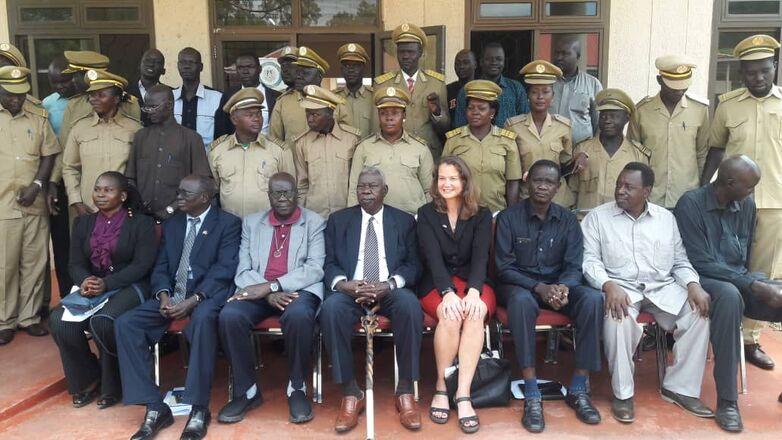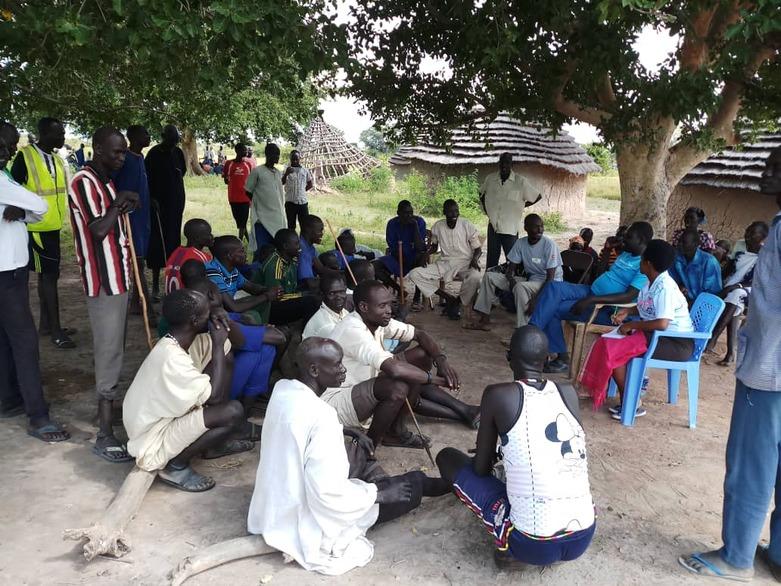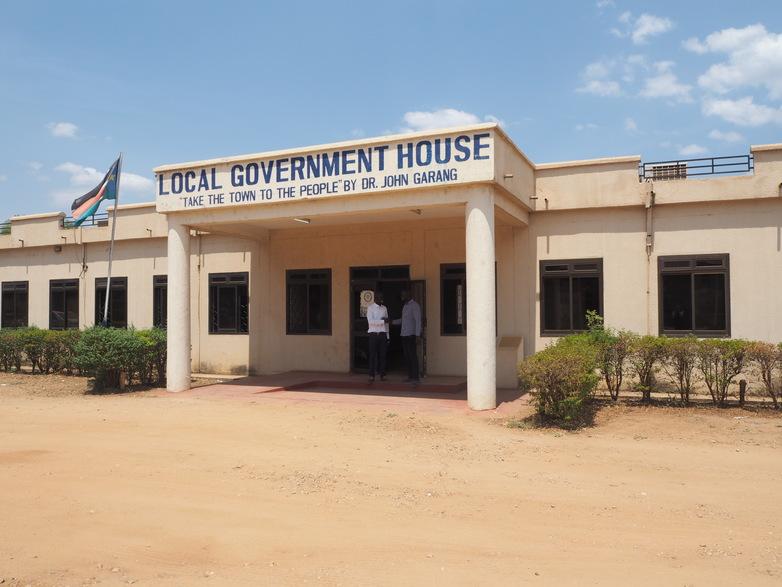Context
Local administrations in South Sudan often lack the capacities to provide public services. This affects people in rural regions, in particular, who make up 80 per cent of the total population. They do not have sufficient access to clean drinking water and the country lacks mechanisms to settle or prevent disputes over land and livestock migration. Another issue is the lack of training institutions to prepare staff of local administrations for their tasks. The rural population has only limited possibilities to assert their interests to the local administration, participate in municipal decisions and help shape their living environment.
In addition, conflicts between farmers and livestock herders for water resources and land result in violence in many parts of South Sudan. As a result, essential crops often cannot be harvested and livestock herds are endangered. This exacerbates existing conflicts for land and is an additional risk to food security.
There are local efforts to resolve conflicts peacefully and prevent them from arising in the first place. Decision-makers in the local administrations play a key role here and can mediate in conflicts. Women in particular frequently have the required societal backing to perform the role of mediator and shape the work of local administrations. However, women are often denied access to public offices due to structural and societal framework conditions.
Objective
Local administrations in selected counties in South Sudan improve the conditions for sustainable rural development with the participation of the population.


